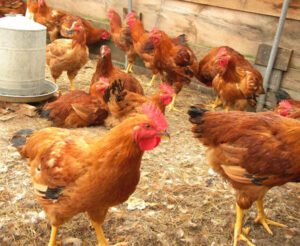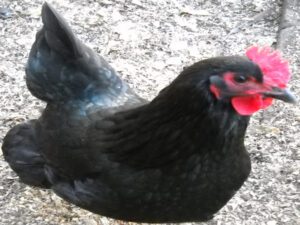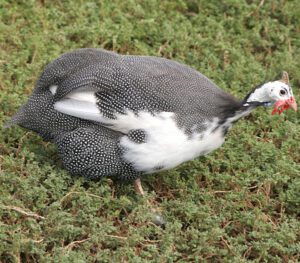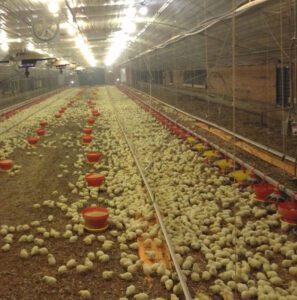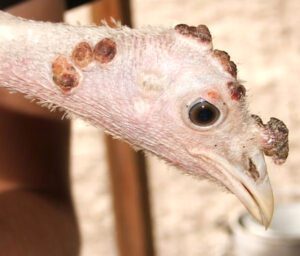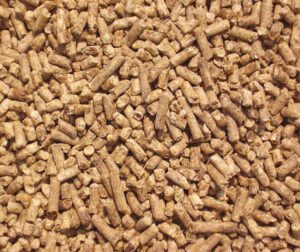Swan farming is not a new business idea. People are raising swans as pet or for beauty purpose from a long time ago. It’s a very beautiful bird, and a pair of swans or more can enhance the beauty of your property.
Here in this guide, we are not going to describe about meat or eggs production or any other purpose. We are trying to discuss about raising and breeding swans for the purpose of selling as pets or to the hobby farmers.
Swans are largest among the flying birds, and are the largest extant members of the waterfowl family Anatidae. The largest species, including the trumpeter swan, mute swan and whooper swan, can reach a length of over 1.5 meter and weight over 15 kg. And their wingspans can over 3.1 meters.[1]
Compared to the closely related geese, the swans are much larger and have proportionally larger feet and necks. The females are much smaller and lighter than the males.
Swan is among the very precious bird species. It is generally sold at very high prices in the market. And most of the people raise some swans for beauty purpose, as hobby or simply just as pets.
Swan farming is not as popular and common as geese and duck farming. But these bird’s closest relatives include the geese and ducks.
The main reason of less popularity of swan farming business is it’s high price and also the high risks of mortality or some other problems.
Another reason of less popularity of commercial business is the less number of eggs in each clutch. Generally, the number of eggs in each clutch ranges from only 3 to 8.
However, if you can take the risks and start raising swans successfully, then you will definitely be able to sell your birds to the fancy buyers at a very high price. And thus, you can make a very good profit from this business.
Advantages of Swan Farming Business
So, before discussing more about swan farming, let us describe more about the advantages of this business. Here we are shortly describing about the top advantages of starting this business.
- Swans are very beautiful birds. They are wonderful and caring them is very pleasuring. You will be able to spend wonderful times if you start raising some swans.
- Swans are highly priced in both domestic and international market.
- The swans are very strong and hardy birds, and they generally require less caring and other management. Depending on the species, they can adopt themselves with almost all types of environmental conditions.
- They are highly resistant to the most common avian diseases.
- You can feed your swans with a variety of foods. They will consume food from natural sources if you allow them to roam freely.
- Commercial swan farming can be a very good business idea for the unemployed educated people.
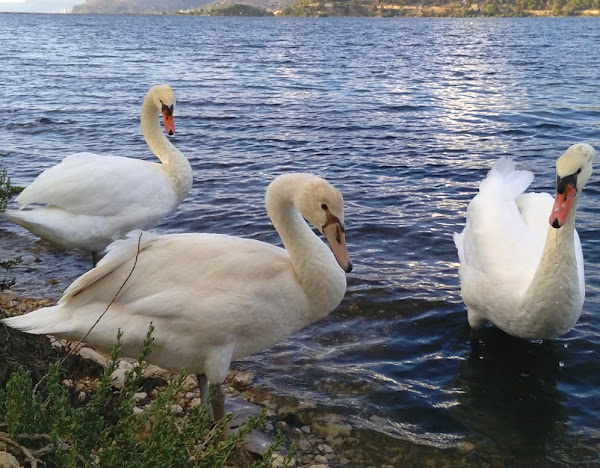
How to Start Swan Farming Business?
Starting swan farming business is not too easy. You have to invest a good amount of money for starting this business. Although, you will be able to make good profits if you can manage everything perfectly.
It’s not recommended to start this business without having prior experience of raising geese or other poultry birds like this. It will be better if you can learn practically from an expert in your area.
Step 1. Select the Species
There are many different species of swans to choose from. You can choose any of the species listed above depending on the price and availability in your area.
Swan farming is a profitable business that has been gaining popularity in recent years. Swans are not only beautiful creatures, but they also have a high commercial value for their meat, eggs, and feathers.

Step 2. Ensure Enough Feeding and Watering
Feeding the birds with very good quality and nutritious feed is very important for good growth and good health of the birds. You can feed your swans with ready-made or commercial poultry feeds available in the market.
Any poultry feed containing between 13% and 20% protein is ideal for the swans. Swans are foragers in the wild and will eat leaves, seeds, stems and tubers of submerged aquatic vegetation, grasses, algae, larvae, fish, insects and small invertebrates.
Along with poultry feed and forage, they may be fed dark green lettuce, spinach, shredded carrots, alfalfa sprouts, celery and other vegetables. Brown rice, lentils, cracked corn and split peas are also acceptable foods.
And always try to provide your birds with enough clean and fresh drinking water as per their demand. Also keep adequate numbers of waterer inside their house.
Step 3. Provide Good Housing and Shelter
Making a very good housing system for your birds is very important for swan farming. The swans are very clean birds, and they love to live in clean place. So, the house must have to be clean and also comfortable for the birds.
Try to make the house in an open and airy place, and it must have to be well ventilated. The house needs a roof with walls on at least 3 sides. And the open side should not face north (it will be better if the open side face south).

Most of the swan species are cold and heat hardy. The Black Swan is best suited for warmer climates. The Tundra, Bewicks, Trumpter and Whooper swans are best for extremely cold weather. The Australian Black, Black Necked and Coscoroba swans need to be sheltered in the winter in colder climates.
Step 4. Make Fencing
A minimum of 2 feet fence is recommended for keeping the swans contained. Swans do wander on occasion, sometimes during their natural migration season. Good fencing will also help to keep the predators out. Increase the height of the fence depending on the predators in your area.
Step 5. Nesting and Breeding
Depending on the species, breeding season of swan is from early spring to late summer. Males take the duty for building a nest and it must be approved by the females before mating can began.
Swan birds generally mate for life. If their mate is lot, replace with one of the opposite gender. In some cases, a swan may starve themselves and pass away if no replacement is made.

In most cases, nesting will occur near the water. Incubation is primarily the responsibility of the female. Parents will lead their cygnets to the water to swim and feed 24 hours after hatching.
Step 6. Ensure Good Caring
Taking good care of the birds is very important for swan farming business. Swans are very strong and lively birds. Their average lifespan is between 10 and 30 years or even more depending on species, protection and environment. Taking good care of the birds will ensure good growth and good health of the birds.
Good caring ensures providing them good shelter, nutritious food and monitoring their health on a regular basis. Vaccinate your birds timely and keep good contact with a vet in your area.
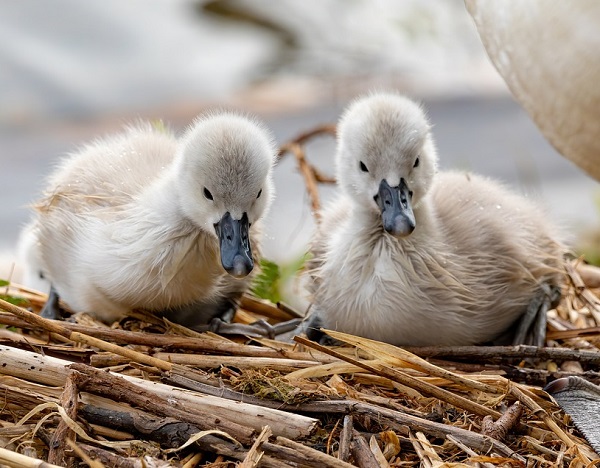
Step 7. Marketing
Before starting swan farming business, determine your marketing strategies. If you can’t sell the birds in proper price, then you will not be able to make good amount of profits.
These are the steps and ways for starting and operating a successful swan farming business. Hope this guide with some essential tips has helped you! Good luck and may God bless you!

